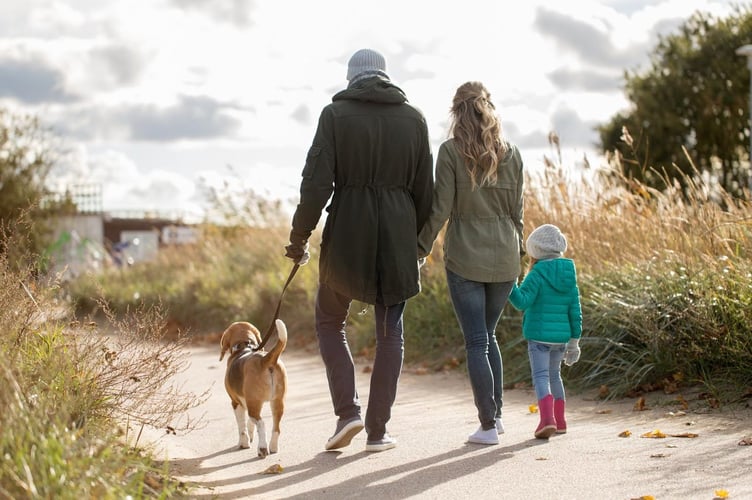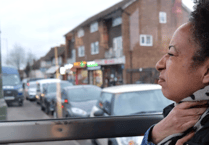One in five children in the south east have been bitten by a pet and more than half of those had to see doctor, according to a recent survey by YouGov.
The survey, which polled over 1,000 children aged seven to 11, found that 21 per cent of children in the south east had been bitten by a pet and 50 per cent of those were bitten by a dog.
This comes as eight charities working together under the umbrella of the Pet Education Partnership (PEP), including RSPCA, Dogs Trust, Blue Cross and Cats Protection, have launched educational sessions to help children and young people stay safe around pets this Child Safety Week (June 2 -8).
Dr Sam Gaines, dog welfare expert at the RSPCA said: “These figures highlight why it’s so important that parents and guardians are aware of how to prevent dog bites and able to be present and actively supervise interactions between dogs and children.
“It’s critical that parents and guardians never leave their child alone in the same room as a dog, even if they think that dog is very friendly. We don’t ever expect our own dogs to bite, but all dogs can.
“Parents and guardians love the idea of their child having a close bond with the family dog, and many do, but having a close bond unfortunately doesn’t mean that the dog will never bite.”
Dogs Trust experts explain that while it's important not to leave children and dogs alone together, that advice on its own isn’t always enough.
Parents and caregivers also need to know how to step in safely. Dogs Trust promotes the 3S’s of close supervision: Stay close, step in, separate.
Caroline Francoli, education advisor at the RSPCA, added: “We know that having a dog can help children develop kindness, responsibility, understanding and respect for animals. But it’s crucially important that young people learn how to behave safely around their pets and for parents and guardians to be informed to prevent dog bites from happening.”
The RSPCA has six golden rules for keeping children safe and dogs happy.
Stay with your children around dogs and actively supervise – Never leave your child alone in the same room as your dog, even your own.
Interact with dogs at the right times – Teach your child not to approach dogs when they're eating or having a treat, playing with a toy, sleeping, are feeling unwell or tired, or if they’re blind or deaf.
Be gentle – Be kind and polite to dogs. Don't let your child climb on dogs or pull their ears.
Play nicely and teach tricks – Your child can teach your dog some really fun tricks like shake a paw, or play roll-over.
Give your dog space if they need it – If your dog looks unhappy, let them go somewhere they feel safe and happy.
Don't let your children approach dogs they don't know, such as when out in the park.
For more information, visit peteducationpartnership.org





Comments
This article has no comments yet. Be the first to leave a comment.